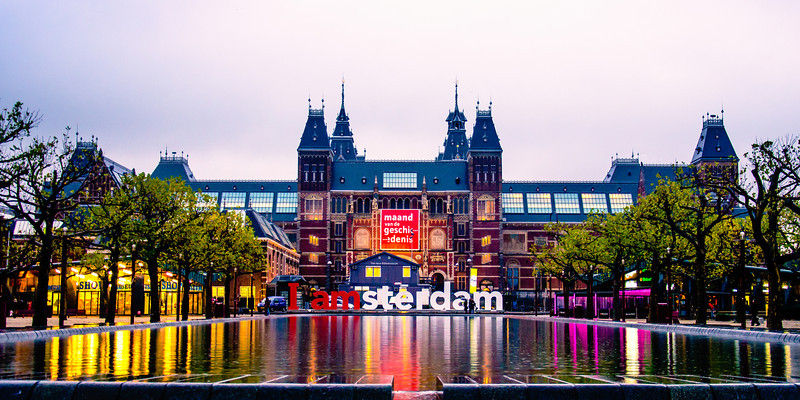General profile of the Netherlands
- Yan Incorporation

- Feb 1, 2019
- 3 min read
Updated: Oct 8, 2019
The Netherlands is located in the Western part of Europe. The Netherlands is bordered by the North Sea to the north and west and Belgium to the south and Germany to the east. Furthermore, the Netherlands has maritime borders with the United Kingdom (west), Belgium (south), Germany (west) and the Scandinavian countries (north).
The Netherlands is a Kingdom. The Kingdom of the Netherlands consists of four autonomous countris: the Netherlands and three islands located in the Caribbean: Aruba, Curacao and Sint Maarten. After the dissolution of the Netherlands Antilles on 10 October 2010, three islands of the Caribbean are considered municipalities of the Netherlands (e.g. Bonaire, Sint Eustatius and Saba).
The Netherlands has a constitutional monarchy as of 1815 and a political democracy as of 1848. The monarch is the head of the state, i.e. King Willem Alexander. The King has limited powers and can for instance exert some influence during the formation of a new cabinet. In practice the executive power is formed by the Dutch cabinet. The Netherlands has a bicameral parliament, the Lower House and the Upper House. The Netherlands is also member of the European Union.
Furthermore, the Netherlands has a favorable geographical location within Europe, with its port in Rotterdam (the largest port in Europe) and its main airport nearby Amsterdam (Schiphol). As such, the Netherlands provide easy access to and guarantees fast delivery of goods across Europe and to the rest of the world.
The Dutch economic system is widely regarded as a model of consensus. Trade unions and employers’ organizations have close and regular contact and as a result thereof stability is maintained. The government interferes as little as possible in industrial relations.
Size and relevance of the Dutch market
The Dutch market place is characterized by:
international mind-setting
skilled workforce
quality of infrastructure
stable and competitive tax environment
considerable local market
economic stability
pro-business environment
Although the Netherlands is a relatively small country with a small population, it does have a large and powerful (open) economy. The Netherlands is well-known for its international trade as this is one of the main key elements in the economic system. Therefore, as being one of the most important trading nations in the world, imports and exports are of major importance to its economy.
Economic parameters
The Netherlands is one of the largest exporting countries and its global domestic product (GDP) is ranked at the 16th place compared to the other countries in the world. According to “The Global Competitiveness Report 2016-2017” published by the World Economic Forum, the Netherlands is ranked at the 4th place.
The Netherlands has a population of approximately 16.7 million. The Netherlands derives more than two-thirds of GDP from (merchandise) trade activities.
Like the rest of the world the Netherlands also suffered from the deep global recession. However, the Dutch economy recovered from the crisis and continues to expand (the CPB forecast economic growth in 2017 at 2.1% of GDP).
For up to date economic information about The Netherlands we refer to the page "Economic parameters".
Location
The Netherlands is situated in the industrial heart of Europe at the center of an excellent distribution network. It has an advanced transport infrastructure, through the port in Rotterdam (e.g. the largest port in Europe) and through an airport nearby Amsterdam (Schiphol).
Various types of storage facilities are available throughout the country. The customs procedures are fast and smooth and designed to facilitate the handling of transit goods.
The Netherlands has up-to-date communications technology, which includes the GigaPort Platform.
Several of the world’s largest multinationals, such as Shell, Unilever and Philips, were founded in the Netherlands.
English speaking
The average Dutch person is multi-linguistic and fluent in at least one foreign language. The majority of the Dutch population speaks English and many speak German and/or French.

Source: https://www.tax-consultants-international.com/read/3638?sublist=3274&parent2=3626&submenu=3626



Comments